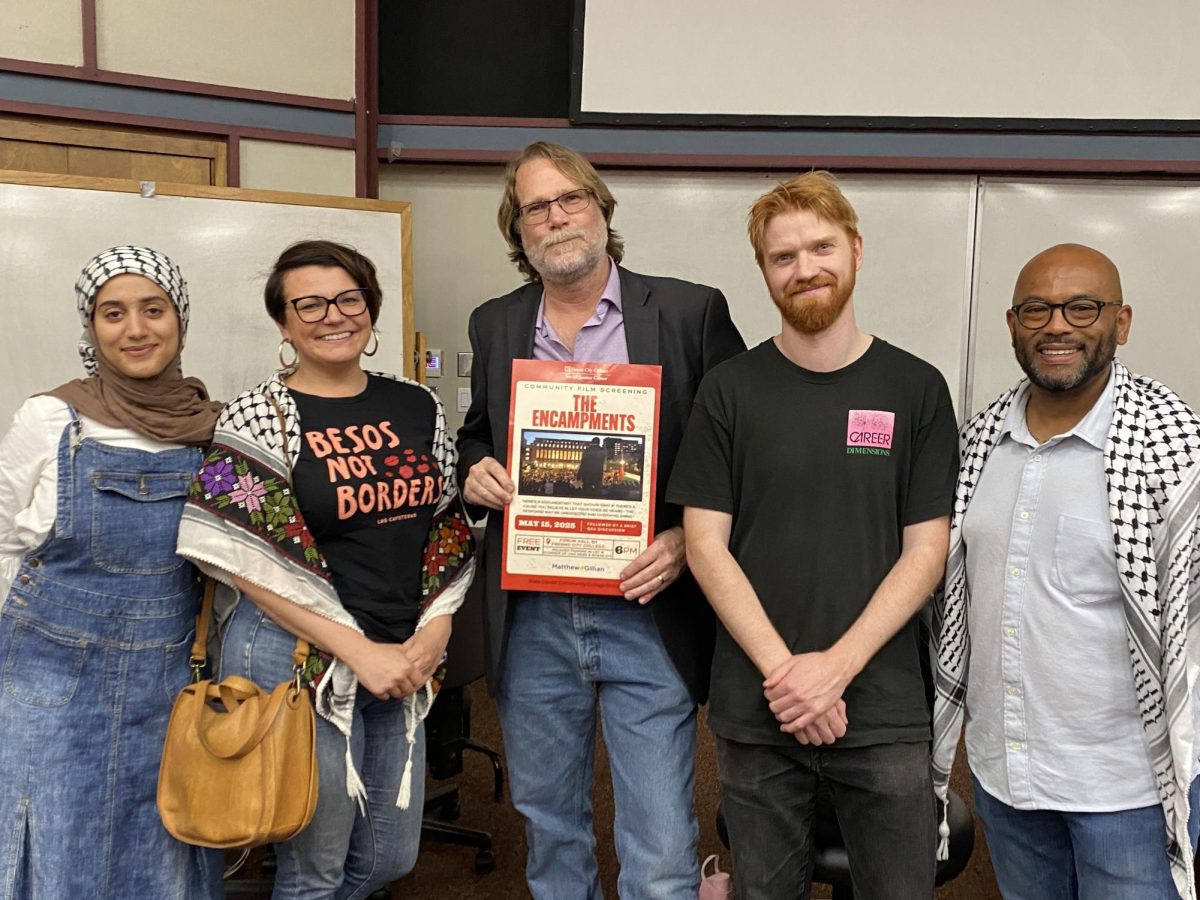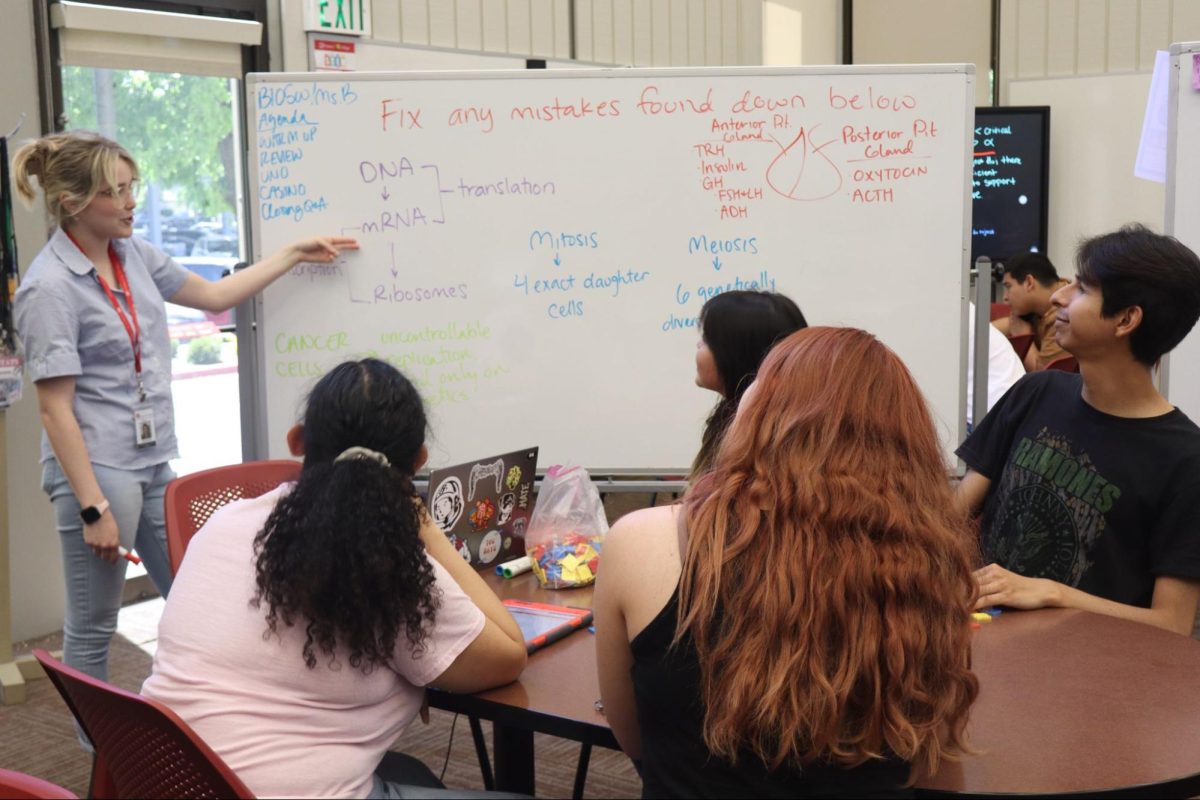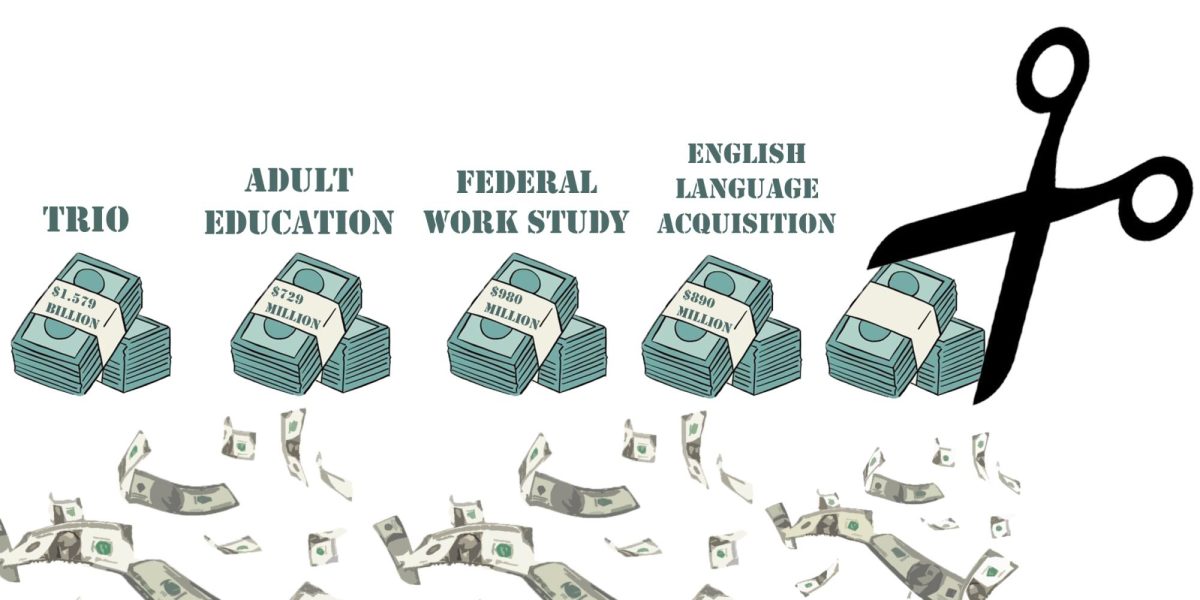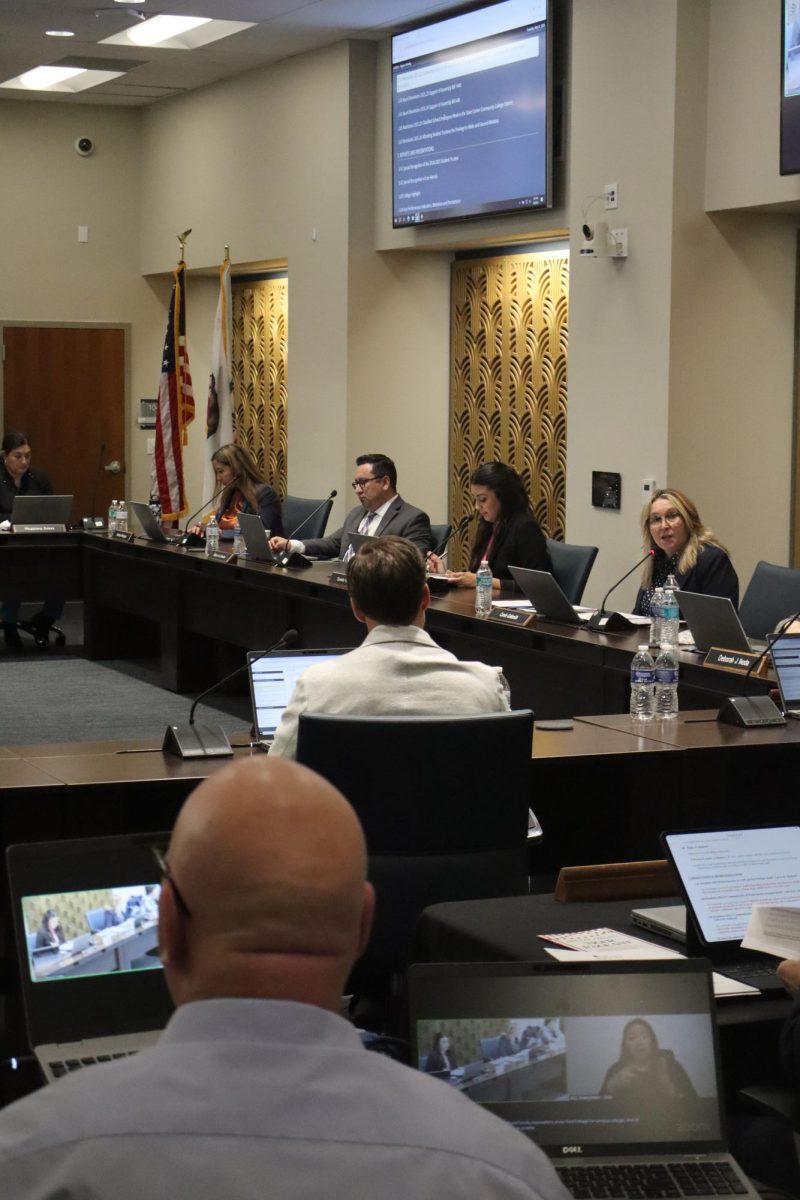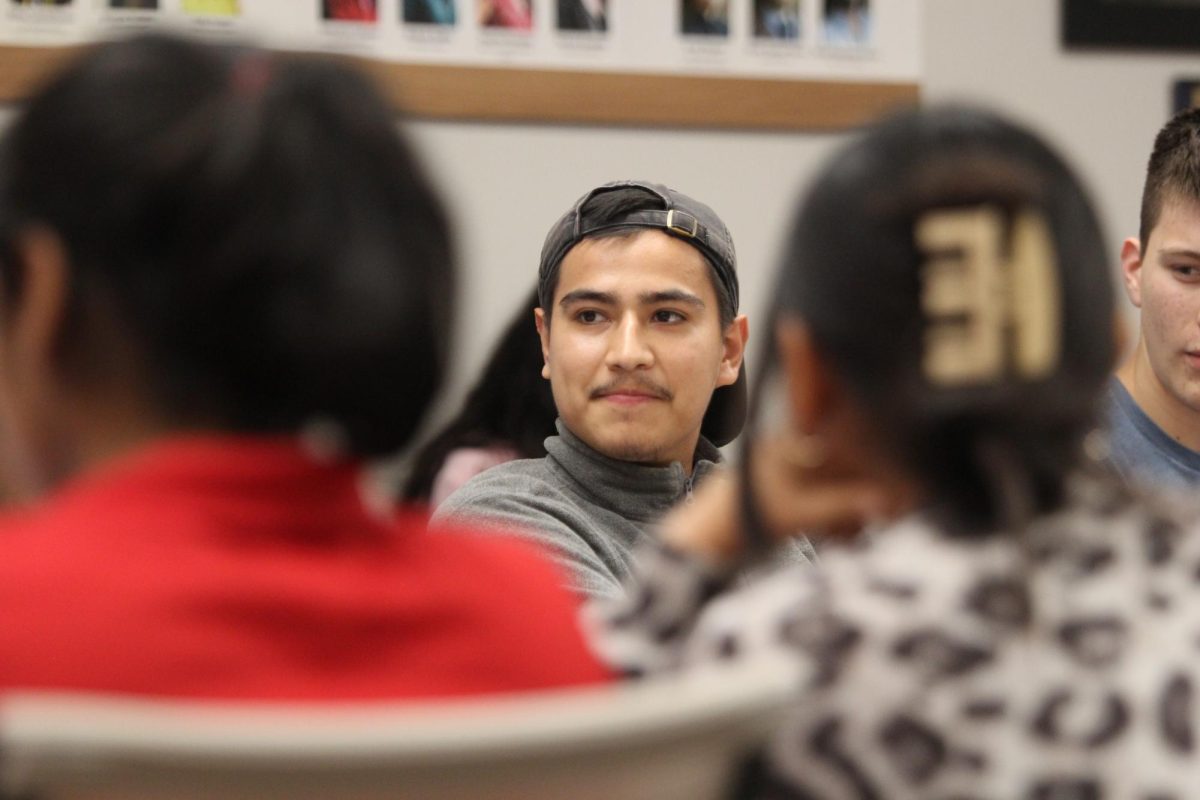Bestselling author and environmental activist Bill McKibben was the keynote speaker at a free seminar on global warming and other environmental concerns held in the auditorium of the Old Administration Building on Saturday.
“Last summer, the Arctic melted so thoroughly that about 80 percent of the sea ice that was there 30 years ago is gone,” McKibben said to the audience. “Think [about] how much heat energy it takes to melt feet upon feet of old ice across this vast area.”
Regarded as one of the top environmental journalists in the United States, McKibben was one of the first writers to warn about climate change and its impact on the environment.
His book “The End of Nature” was published in 1989. He has since founded 350.org, an environmental awareness group.
He was arrested in 2011 in Washington, D.C. after staging a protest against the Keystone XL pipeline and spent three days in the Washington, D.C. city jail.
McKibben has, however, remained undeterred in his cause of concern for the climate and stability of the Earth. In his lecture, he explained that humans are excessively using energy.
“Currently, because of the whole of the gas that we’ve burned and because of the carbon dioxide that we’ve put into the atmosphere,” he said, “we’re trapping heat equivalent to 400,000 Hiroshima explosions daily.”
He also praised the heightened awareness of global climate change on Earth, but quickly cautioned that awareness alone will not put an end to the problem.
“We’ve already won the argument many times over… we’re just losing the fight,” McKibben said.
Ashley Werner, a Leadership Council for Justice and Accountability employee who attended the event, said the event was a learning experience.
“I learned more about the movement they’re trying to create to bring attention to climate change, the causes of it and getting our political leaders to take action,” she said.
Also in the audience was Katherina Thiesen, a junior at University High School.
“I never understood global warming very much but he [McKibben] explained it a lot more and it brings me to want to do something,” said Thiesen.
At the conclusion of the seminar, McKibben stayed to answer the audience’s questions and to give advice on the environment.
“All we are asking for is a planet to live on that works a little bit like the one we were born onto,” McKibben said. “That’s not a radical demand at all. If you think about it, that’s a very conservative demand.”

